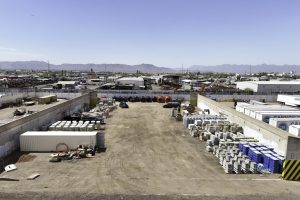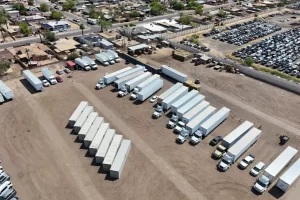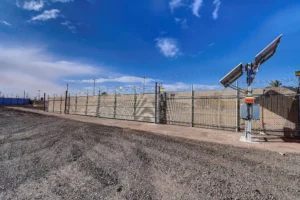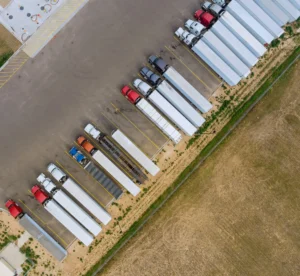Running a business often means juggling space, equipment, and materials—and storage can quickly become a challenge. From construction firms with oversized machinery to retailers managing seasonal stock, industrial storage provides the solution.
A good facility isn’t just extra space—it keeps assets secure, accessible, and protected. Reliable Secure Commercial Storage streamlines operations, reduces costs, and gives peace of mind by safeguarding tools, vehicles, and materials.
In this guide, we’ll cover everything you need to know: types of facilities, key factors like location and security, costs, and common mistakes to avoid. Whether you need warehouse space, heavy equipment storage, or an outdoor storage yard, you’ll find practical steps to choose the right option for your business.
Why Industrial Storage Matters for Businesses
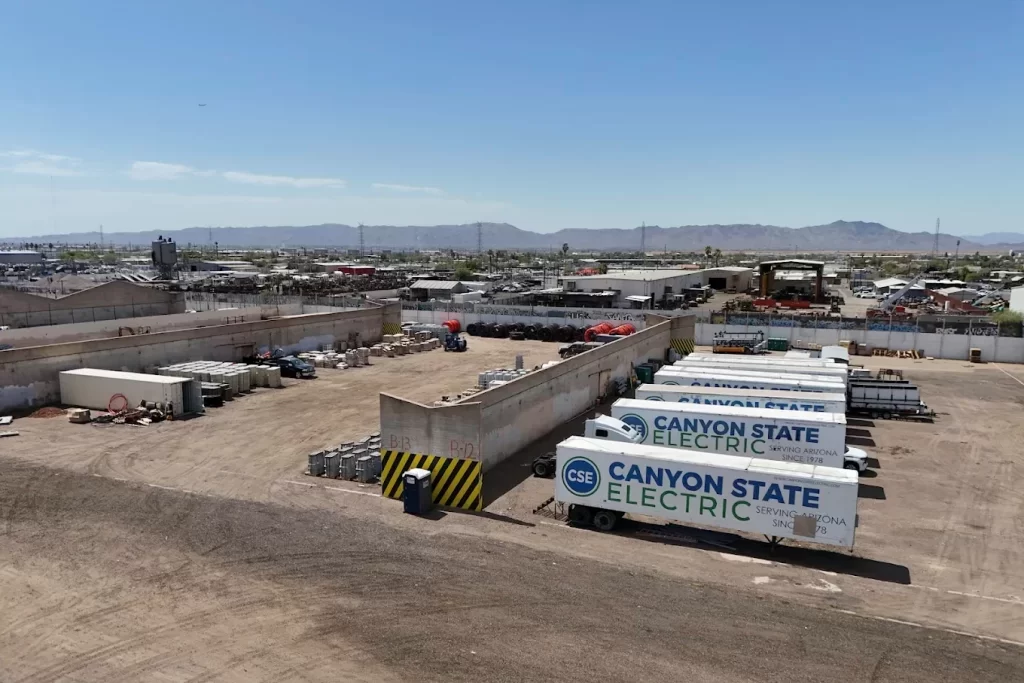
Every business has assets that need safe, efficient storage—whether it’s inventory, tools, or large machinery. Without a proper system, equipment risks damage or theft, which is why industrial storage is vital for daily operations.
When you invest in the right facility, you’re not just renting extra space—you’re protecting your bottom line. Organized storage reduces downtime, extends the life of your equipment, and keeps projects running smoothly. For example, contractors who rely on secure commercial storage know their tools and machinery will be ready to go when the next job starts, rather than sitting unprotected at a worksite.
Construction, manufacturing, and logistics all rely on secure storage. A trucking company may use heavy equipment storage for vehicles, while landscapers benefit from an outdoor storage yard for bulky materials. The right solution keeps operations efficient and assets safe.
In the end, industrial storage is about more than convenience—it’s peace of mind, allowing businesses to focus on growth instead of worrying about space.
Types of Industrial Storage Facilities
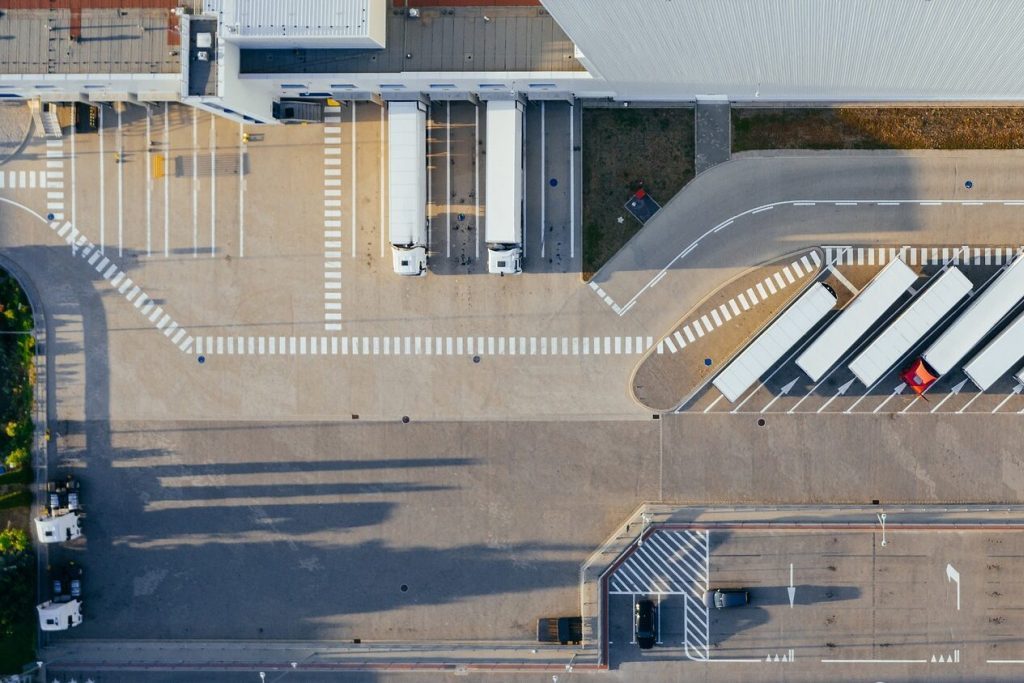
Not all storage is the same, and businesses need solutions based on what they’re storing. Modern industrial storage facilities offer options to keep assets safe and accessible.
Indoor Warehouses
Indoor warehouses work best for inventory, tools, and materials that need climate control. They protect against weather and often feature advanced security, making them a strong choice for Secure Commercial Storage. For items sensitive to moisture or temperature swings, indoor space is often the smartest investment.
Outdoor Storage Yards
When it comes to oversized items or bulk materials, nothing beats an outdoor storage yard. These open areas give companies the flexibility to store large shipments, vehicles, or materials that don’t require climate control. Contractors and logistics firms often find outdoor storage to be a cost-effective option, especially when they need easy in-and-out access for trucks and heavy loads.
Heavy Equipment Storage
For construction, landscaping, or transportation, heavy equipment storage is essential. These facilities are designed for large machinery with reinforced surfaces and wide access points, keeping valuable equipment secure and ready for use.
From delicate goods to bulky shipments or big machines, the right industrial storage option ensures your assets are protected and your operations run smoothly.
Key Factors to Consider When Choosing a Facility

With so many options available, selecting the right industrial storage facility can feel overwhelming. The good news is that by focusing on a few key factors, you can narrow down your choices and find a solution that truly supports your business.
Location and Accessibility
Convenience matters. A facility that’s close to your job sites, suppliers, or major highways will save you time and fuel costs. Businesses that rely on frequent access to inventory or machinery benefit most when their industrial storage is easy to reach. Think about how often you’ll need to move items in and out before making your choice.
Security Features
No company wants to risk theft or vandalism. Look for facilities that offer gated entry, surveillance cameras, bright lighting, and on-site staff. These layers of protection are what make Secure Commercial Storage worth the investment. By choosing a secure location, you’re not just storing items—you’re ensuring your assets are protected 24/7.
Size and Flexibility
Every business’s needs change over time. Facilities with flexible unit sizes or yard space make it easier to scale, whether you need heavy equipment storage as projects expand or an outdoor storage yard for seasonal items.
By weighing factors like location, security, and scalability, you’ll find industrial storage that meets today’s needs while adapting to future growth.
The Cost of Industrial Storage
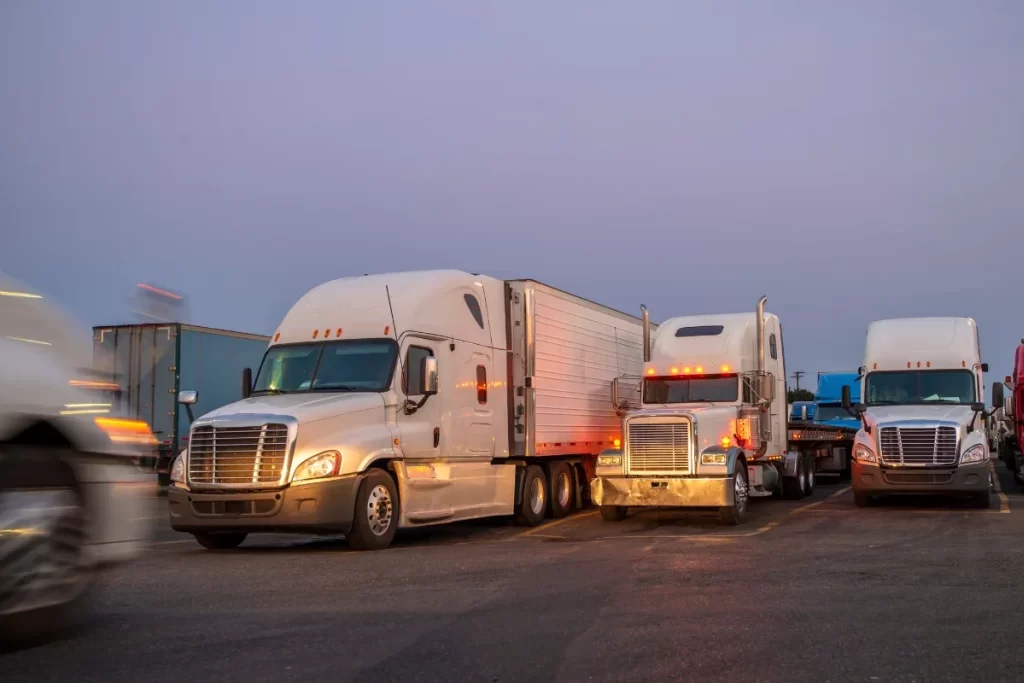
When weighing your options, cost is always an important factor. The price of industrial storage can vary widely depending on location, facility features, and the type of space you need. Understanding these cost drivers will help you budget effectively and avoid surprises down the road.
For indoor facilities, expect higher rates due to climate control, advanced security systems, and the convenience of sheltered space. These features are especially valuable when you’re storing sensitive goods or need secure commercial storage to safeguard valuable inventory. While the price may be higher, the added protection often pays for itself by reducing the risk of damage or theft.
Outdoor options are often the most budget-friendly. An outdoor storage yard offers flexible space for vehicles, materials, or equipment that don’t need climate control. Many businesses with oversized assets choose this route for its cost-effectiveness and easy access.
Specialized heavy equipment storage usually falls in the middle. These facilities charge more than outdoor space but less than climate-controlled warehouses, with reinforced surfaces and added security to protect valuable machinery.
In the end, it’s about value. A trusted provider of industrial storage can save you from downtime, damage, and liability—turning storage costs into a smart investment for your business.
Also Read: Heavy Equipment Storage in Phoenix, Arizona: Tips for Contractors and Builders
Indoor vs. Outdoor Storage: Which is Best for You?
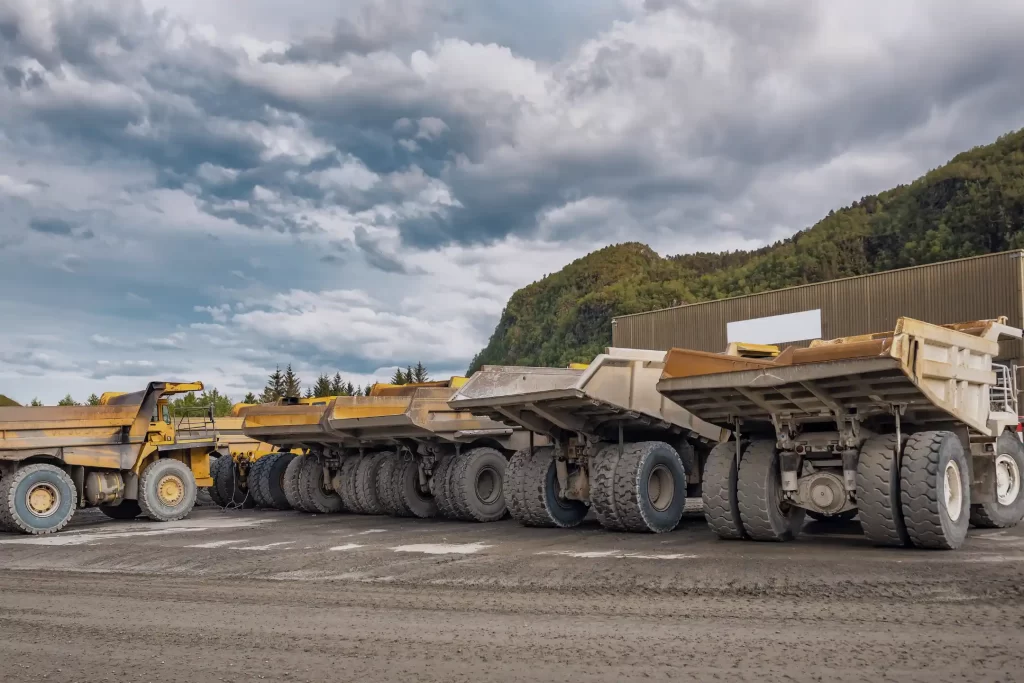
One of the biggest decisions businesses face is whether to invest in indoor facilities or rely on an outdoor storage yard. Both options have clear advantages, and the right choice often depends on the type of assets you’re storing.
Indoor facilities are perfect for businesses with inventory or equipment that can’t be exposed to extreme weather. Sensitive goods, electronics, or materials that might corrode or degrade are better protected in climate-controlled industrial storage. The extra layer of security and environmental control can reduce losses and extend the lifespan of valuable items.
On the other hand, outdoor storage is ideal for large or rugged items that don’t require constant protection from the elements. Many companies use an outdoor storage yard for storing bulk shipments, construction materials, or vehicles that need easy access. It’s typically more cost-effective than indoor space and allows for quicker loading and unloading of oversized assets.
Some businesses find the best solution is a combination of both. For example, a construction firm might use heavy equipment storage inside a secure building for valuable machinery, while keeping less sensitive materials in an outdoor yard. This blended approach provides the flexibility to protect what matters most while still keeping costs manageable.
Common Mistakes to Avoid When Selecting a Storage Facility
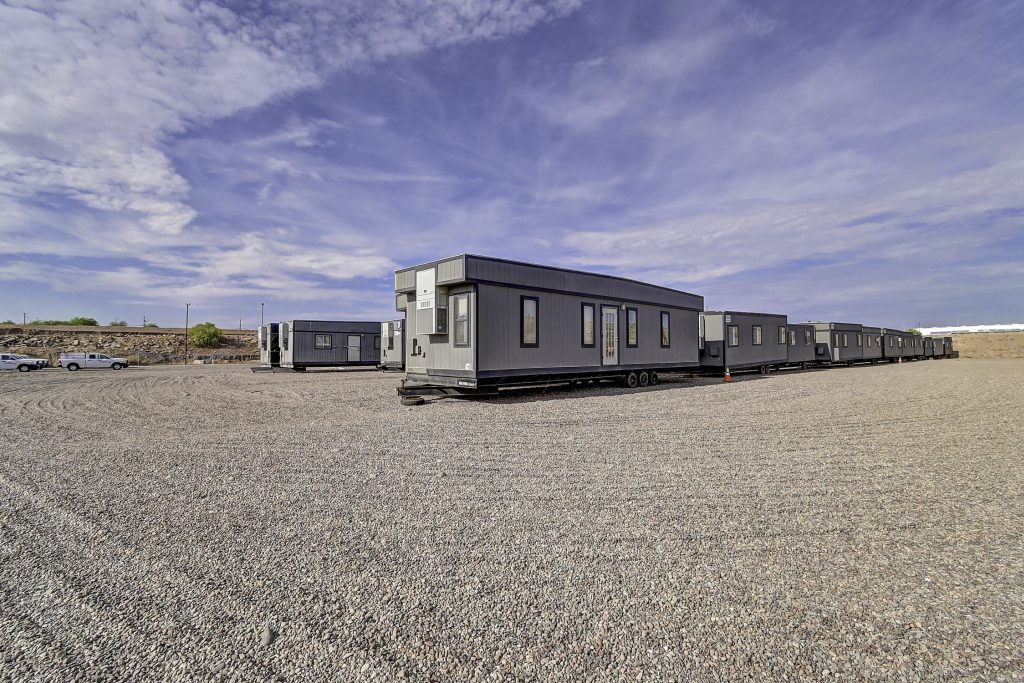
Finding the right facility for your business isn’t always easy, and it’s common for companies to make missteps during the selection process. Avoiding these mistakes will save you money, time, and stress while ensuring your assets are protected by the right industrial storage solution.
One of the biggest errors is focusing on price alone. While it’s tempting to choose the cheapest option, you often get what you pay for. Skimping on security or size can create bigger problems later. Facilities that emphasize Secure Commercial Storage may cost a little more, but they reduce the risk of theft, vandalism, or costly damage to your equipment.
Another mistake is failing to plan for future needs. Businesses grow, and so do their storage requirements. A facility that works today might be too small tomorrow. That’s why it’s important to consider options that offer flexible unit sizes or space for heavy equipment storage as your operations expand.
Lastly, many companies overlook the practicality of an outdoor storage yard. For bulky materials or oversized vehicles, indoor space may not be necessary, and outdoor solutions are often more cost-effective. Ignoring this option can lead to overspending on indoor space you don’t really need.
By steering clear of these common mistakes, you’ll be better prepared to choose an industrial storage provider that matches your budget, security needs, and long-term goals.
Best Practices for Managing Your Storage Space
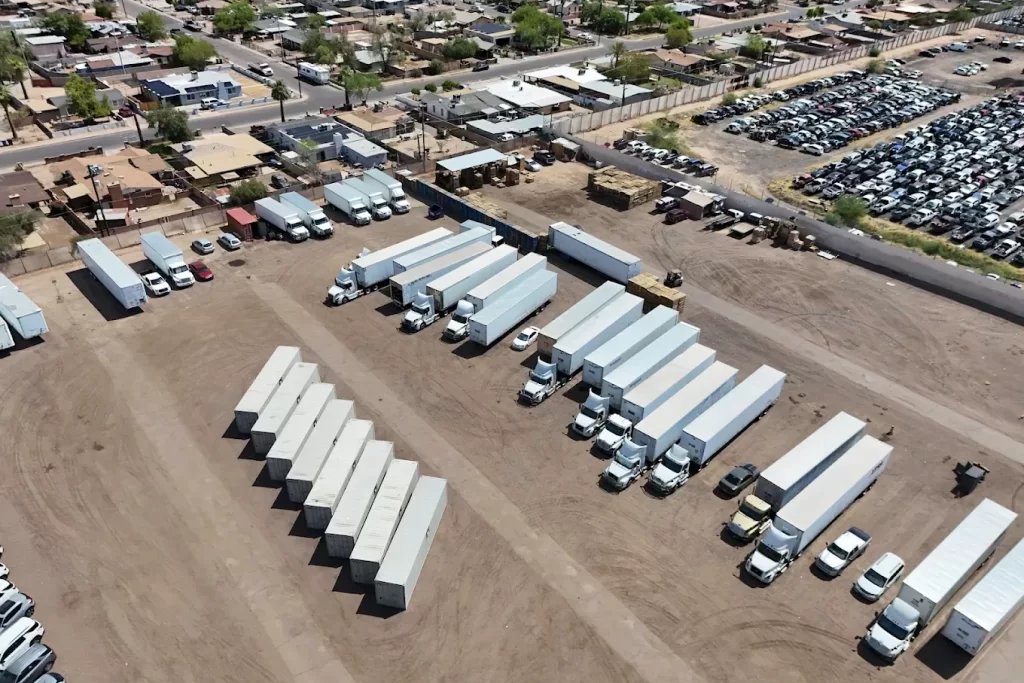
Choosing the right facility is only half the battle—how you manage your storage space makes just as much of a difference. With the right approach, you can maximize efficiency, protect your assets, and get the most out of your industrial storage investment.
Start with organization. Clearly label items, create a map of your storage area, and keep frequently used tools or materials near the front for easy access. Businesses that treat their Secure Commercial Storage units like an extension of their operations save time and reduce frustration when it’s time to retrieve equipment.
Regular maintenance is also key. Schedule inspections for equipment and materials to ensure everything remains in good condition. For example, machinery kept in heavy equipment storage should be checked for leaks, rust, or other issues before it’s needed on a job site. This proactive approach prevents costly delays and keeps assets ready to use.
Don’t overlook seasonal planning, either. Rotate items in and out of an outdoor storage yard to make sure space is used effectively. Materials that aren’t weather-sensitive can be stored outdoors during busy months, while delicate items stay indoors where they’re better protected.
By combining organization, maintenance, and smart rotation, you’ll keep your storage space efficient and your business running smoothly. Well-managed industrial storage doesn’t just protect your assets—it enhances productivity and supports long-term growth.
Finding the Right Storage for Your Business
The way you store your assets can make or break your efficiency as a business. Throughout this guide, we’ve explored why industrial storage matters, the different types of facilities available, the costs to expect, and the mistakes to avoid. From climate-controlled warehouses to an outdoor storage yard for oversized materials, there’s no one-size-fits-all solution—only the option that best aligns with your unique needs.
By focusing on location, security, and flexibility, you’ll find a facility that not only protects your assets but also supports your growth. Whether it’s safeguarding equipment with Secure Commercial Storage or ensuring your machinery is protected through specialized heavy equipment storage, the right choice will give you peace of mind and long-term value.
Now is the time to take the next step. Evaluate your storage needs, compare your options, and choose a provider that can deliver both reliability and protection. With the right industrial storage partner, you’ll free up space, protect your investments, and keep your business running at its best.


